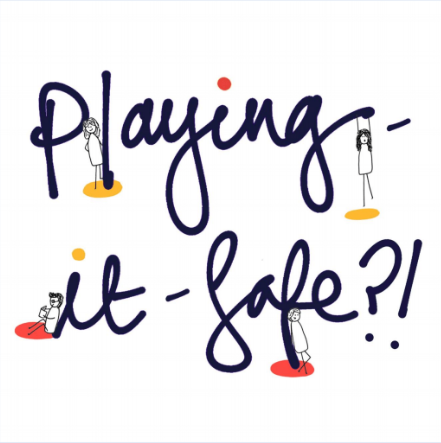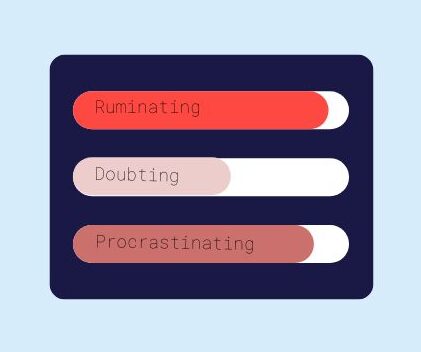
What is “emotional dysregulation”?
Adolescence is a complex developmental period with many remarkable changes occurring; emotion dysregulation may occur when adolescents experience their emotions as intense and overwhelming, as “feeling too much, too quick and too soon.” A natural emotional regulation process requires that the adolescent reads emotional signals, sorts or categorizes the emotion signals as positive or negative, and then generates a behavioral response.
What does Emotional Dysregulation in teens look like?
It may be hard to distinguish whether your teen has emotional dysregulation problems or if his/her behavior is typical adolescent behavior. Here are some observations to distinguish between the two of them: when emotion dysregulation problems are present, it may often seem like your teen’s responses don’t match a particular situation, like an “over reaction” to a situation or a prolonged emotional response to a situation and happens quite often in your household, if no almost every day. Regular adolescent behaviors are not as frequent as when emotion dysregulation problems are present. Sometimes, emotional dysregulation problems can look like frequent explosive outbursts, unexplained irritability, lashing out behaviors, cutting, disconnecting quickly from others, etc. Other times, emotion dysregulation problems manifest by your teen experiencing other quiet emotions like sadness, frustration, hopelessness but still feeling them at a very intense level, as if they have a third degree burn; so when your teen is sad, he/she is very sad, when feeling anxious, he/she is very anxious, when frustrated, he/she is very frustrated… they struggle not only with one single emotion but almost all of them. In sum, teens struggling with emotional sensitivity feel every single emotion at a maximum level and handle them by engaging in behaviors that most of the times are problematic (behavioral dysregulation)
How is it treated?
Dr. Marsha Linehan developed a type of therapy called Dialectical Behavior Therapy (DBT) which focuses on overcoming emotional problems. DBT is grounded in the present moment, focuses on mindfulness and acceptance, and teaches a number of exercises for distress tolerance, self-soothing, and emotional regulation. The skills taught are grouped within five modules: Mindfulness Skills, Emotion Regulation Skills, Interpersonal Effectiveness Skills, and Walking the Middle Path Skills (Rathus & Miller, 2015).
What can you do?
Here are three basic recommendations to start helping your teen:
- It is important to first become aware of your teen’s mood fluctuations; begin by tracking your teen’s mood changes, and whether something triggered them or not, to the best of your knowledge of course.
- Validate his or her experience by letting your son or daughter know that even if you don’t understand why they are upset, you know they’re in pain. This is very important because teens who struggle with emotional sensitivity quite often feel their pain is “unseen” by their parents.
- Your teen may or may not be fully aware of what he or she is saying during an intense emotional experience: do your best to not engage in an argument in those moments. As the parent, naturally you want to parent; however, arguing back, lecturing, or saying things like “I told you so…” won’t help. You can talk to your teen and give feedback him or her about a particular situation with the emotional rollercoaster is over.
Check out these other posts on emotion dysregulation:
For Parents: Dealing with your Teen’s Outbursts
For Parents: What’s Wrong with my Teen?
For Parents: What To Do If Your Teen is Cutting
References
Hilt, L. M., Hanson, J. L., & Pollak, S. D. (2011). Emotion dysregulation. Encyclopedia of adolescence, 3, 160-169.
Macklem, G. L. (2008). Practitioner’s Guide to Emotion Regulation in School-Aged Children. Springer Science & Business Media.
Rathus, J. H. & Miller, A. L. (2015). DBT skills manual for adolescents. Gilford Publications.



